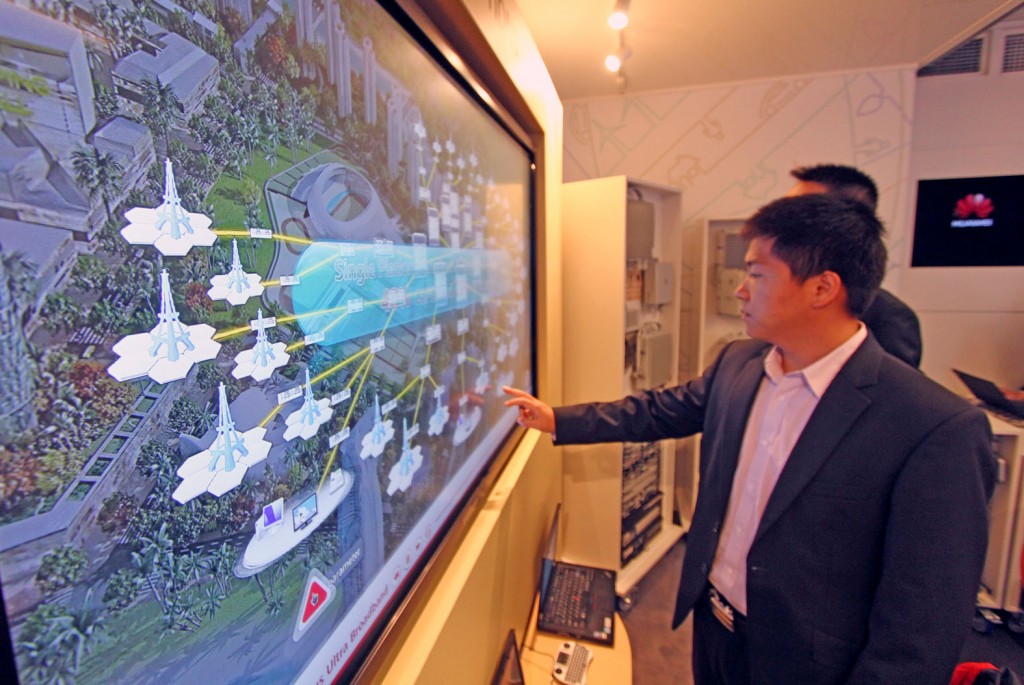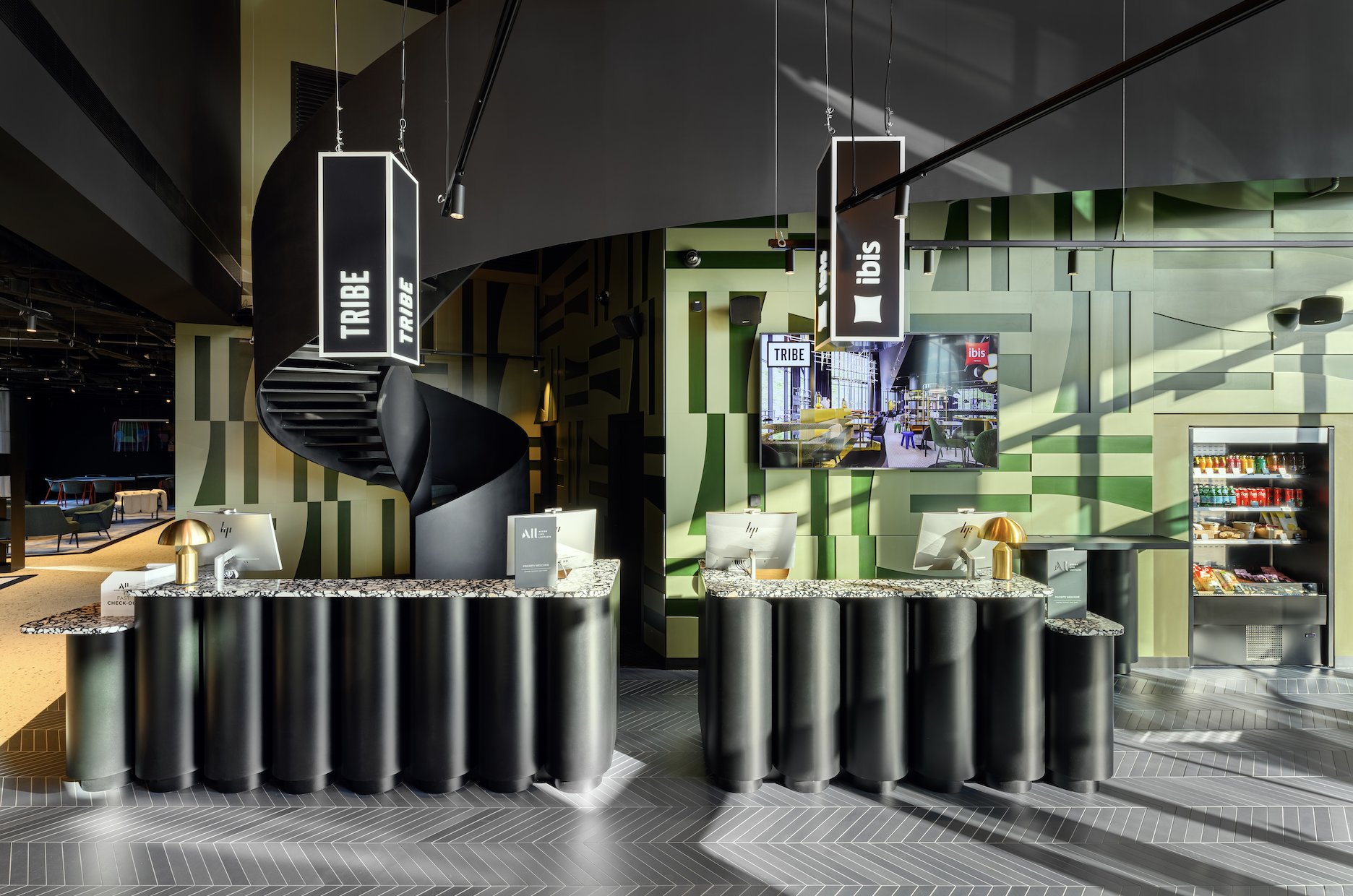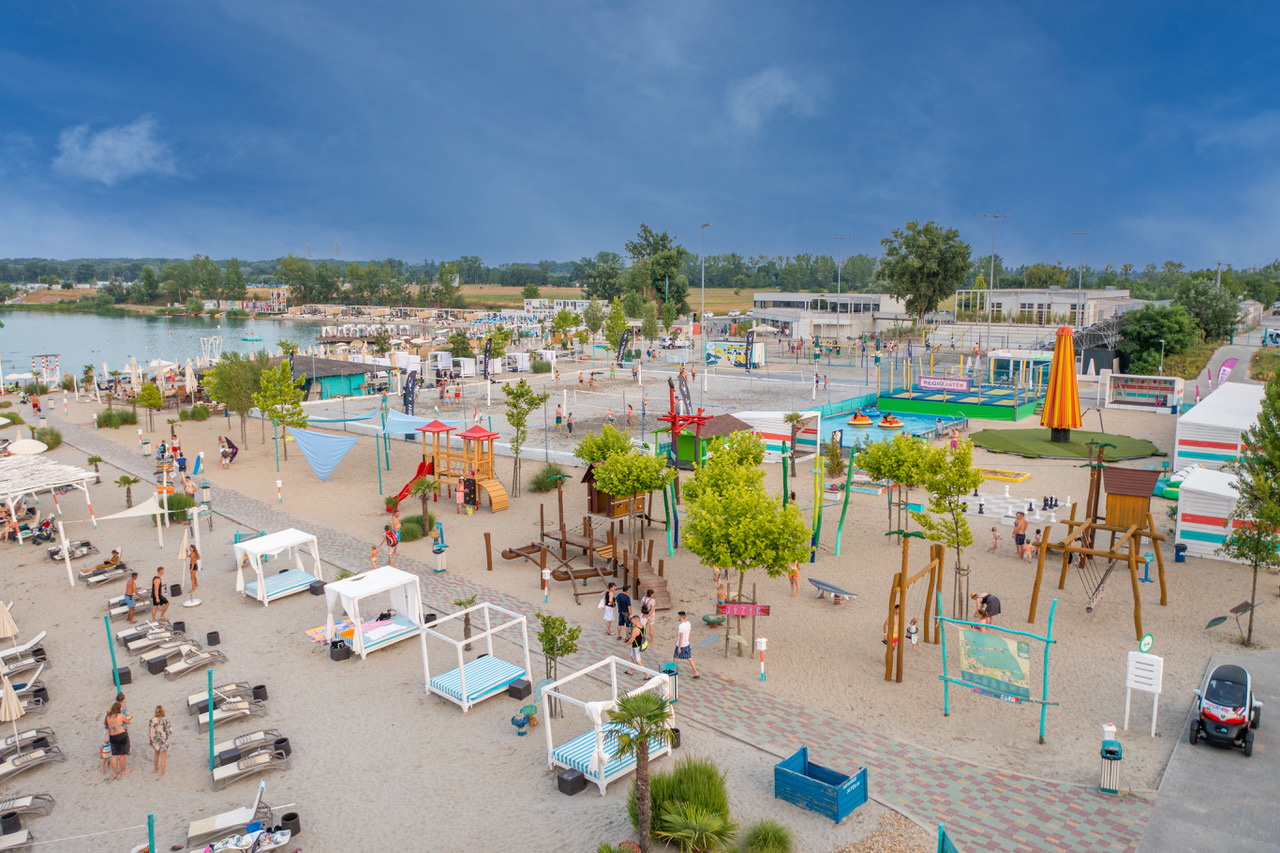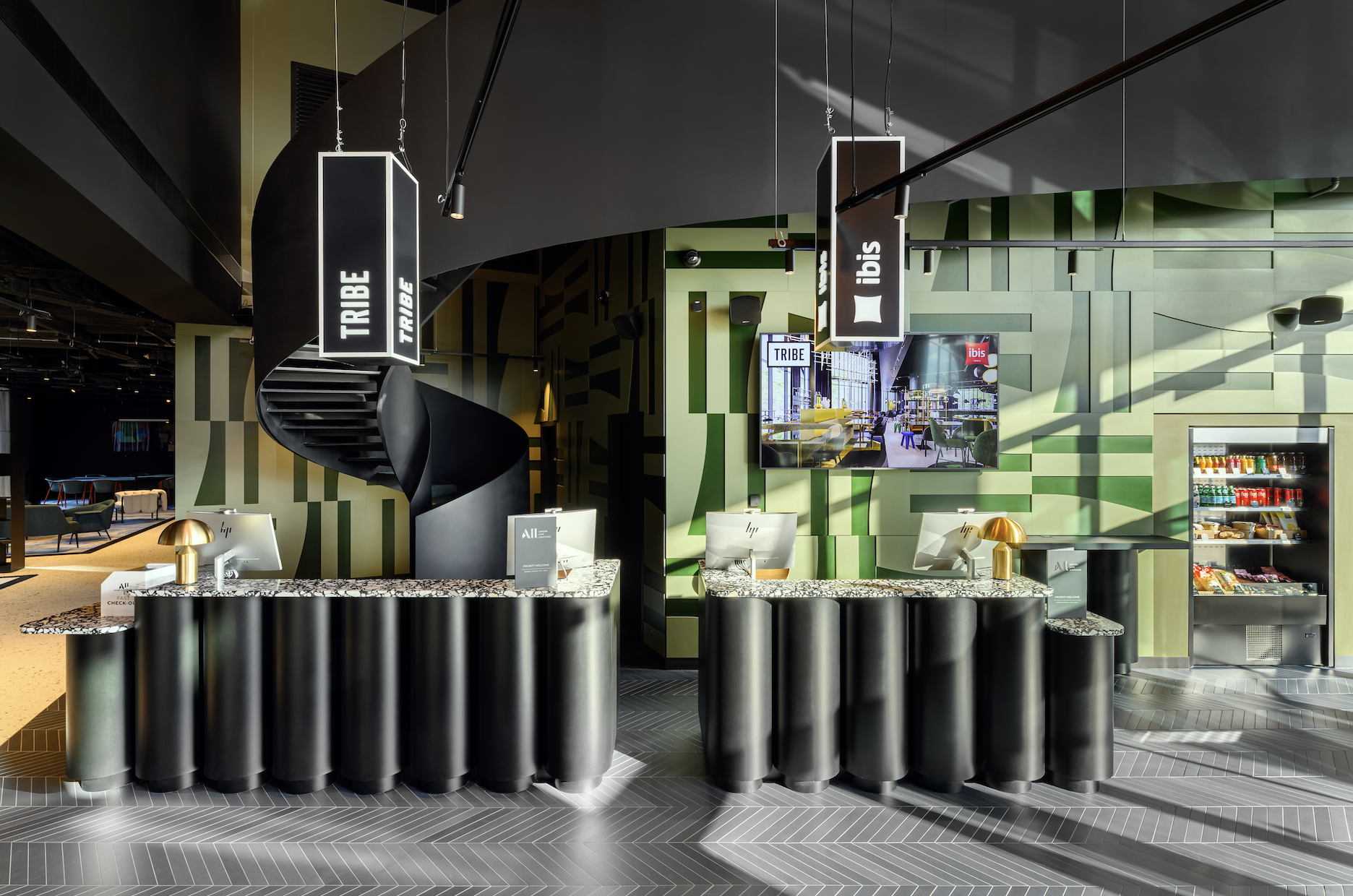Huawei builds Smart City Nervous System

Huawei has introduced its new Smart City concept, which uses leading ICT technologies, at the Huawei Smart City Summit 2017 in Budapest. The concept connects the digital and physical worlds across city administration, public services and industrial economies, according to a press release sent to the Budapest Business Journal.
The Huawei CEE-Nordic region presented its Smart City concept at the Huawei Smart City Summit 2017, held as part of this weekʼs China-CEE conference.
According to the Chinese company, with increasing urbanization, the world will have 27 megacities each with 10 million residents by 2025, placing extraordinary pressure on public transportation, healthcare and public services – meaning cities will have to rethink their operations, to get smart to keep up with the expectations and needs of citizens for high-quality services and efficient systems.
Huawei also introduced the Intelligent Operation Center (IOC) at the event, a solution that functions as the brain of the smart city, connecting the digital and physical worlds, the company explains. The infrastructure of the IOC comprises distributed cloud data centers and ubiquitous city networks that collect, integrate and share city information, enabling real-time visibility of the city. By using big data, machine learning and AI technologies, the IOC delivers valuable insights to facilitate city planning and management of vital services such as transportation and security, the press release adds.
Huawei Smart City solutions are already using artificial intelligence, with the intelligent city operations center, smart transportation, and face and number plate recognition. AI-based video analysis technology is expanding the application scope of security technologies and implements new functions, such as real-time vehicle trajectory tracking, which have hitherto only been seen in movies, the press release asserts.
Furthermore, AI will bring huge changes to areas like public safety, healthcare and city transportation, Huawei says. Smartphone users are already connected to smart city services, for example in Estonia, where they are connected to the police and fire departments, it adds.
SUPPORT THE BUDAPEST BUSINESS JOURNAL
Producing journalism that is worthy of the name is a costly business. For 27 years, the publishers, editors and reporters of the Budapest Business Journal have striven to bring you business news that works, information that you can trust, that is factual, accurate and presented without fear or favor.
Newspaper organizations across the globe have struggled to find a business model that allows them to continue to excel, without compromising their ability to perform. Most recently, some have experimented with the idea of involving their most important stakeholders, their readers.
We would like to offer that same opportunity to our readers. We would like to invite you to help us deliver the quality business journalism you require. Hit our Support the BBJ button and you can choose the how much and how often you send us your contributions.





.jpg)


